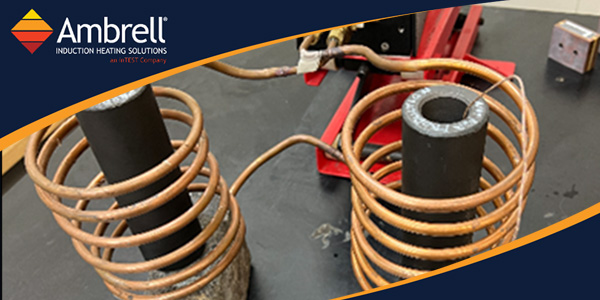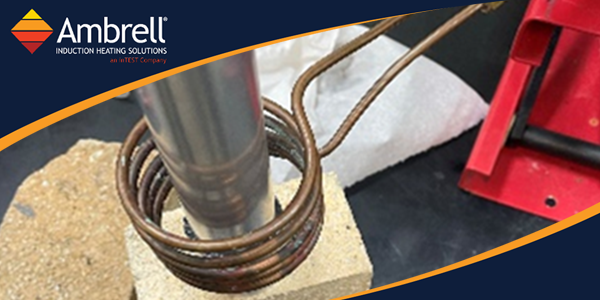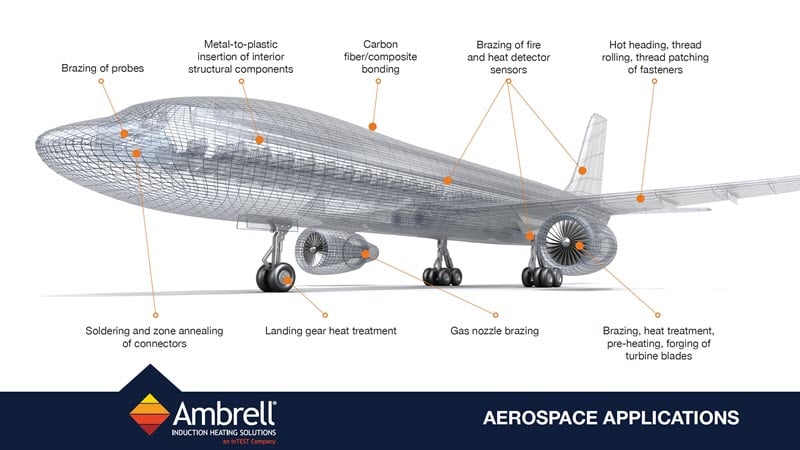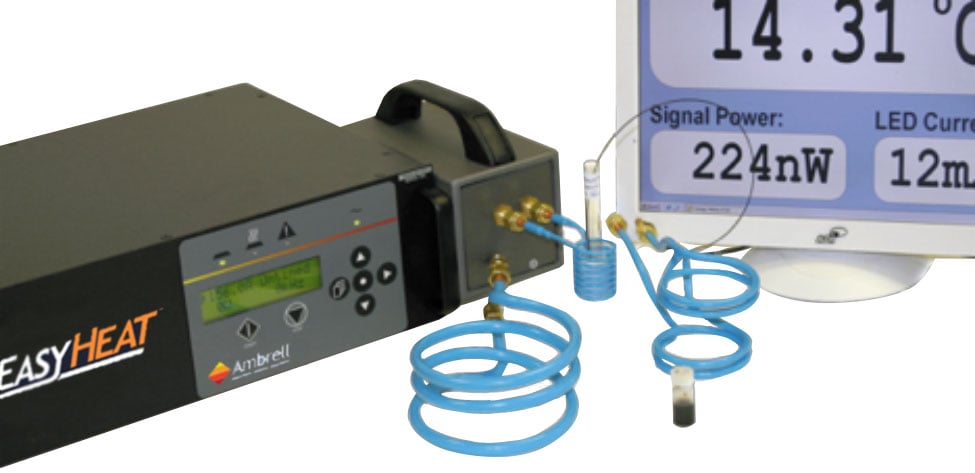Induction Brazing an Aluminum Assembly
Objective A company wanted to assess using induction heating for their aluminum assembly brazing process, and contacted THE LAB at Ambrell to utilize...
Applications
Applications: More
Applications: More

Industries:
Industries: More
Industries: More
Industries: More

Products:
Products: More
Services:
Services: More

Learn:
Learn: More
About:


A manufacturer of bushings for large trucks needed to heat steel tubes for a bonding application. The client had been using an oven, but was interested in induction heating for several reasons. They included the speed of heating, less required floor space, repeatability, and energy efficiency. They contacted THE LAB at Ambrell to confirm the viability of their application.
More Heating Application Notes
A custom-designed dual position multiple-turn helical coil was built to generate the required heating for the preheating application. Initial tests were conducted to optimize the power delivered to the part. Thermocouples were used to measure temperature. Heating took 90 seconds, which was the client’s target. An Ambrell EASYHEAT LI induction heating system set at a frequency of 180 kHz was used during testing.
THE LAB at Ambrell proved the viability of this preheating application. 90 seconds met the client's heat time requirements. The client will realize several benefits including speed, repeatability, increased energy efficiency and saved floorspace.
THE LAB at Ambrell has considerable experience with preheating and bonding applications, which enabled them to deliver a solution that met the client's requirements. To learn more about free application testing, visit our page about THE LAB to get the process started.

Objective A company wanted to assess using induction heating for their aluminum assembly brazing process, and contacted THE LAB at Ambrell to utilize...

Induction heating is a process that uses electromagnetic fields to heat electrically conductive materials. It has been used in numerous industries...

Induction heating, a process that uses electromagnetic induction to heat electrically conductive materials, is often thought of for large industrial...